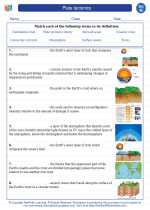Geological Events
Geological events are natural processes that occur on Earth's surface and within its interior, leading to the formation, deformation, and alteration of the Earth's crust. These events are driven by various geological forces and phenomena, and they play a crucial role in shaping the planet's landscape and geological features.
Types of Geological Events
There are several types of geological events, each with its own distinct characteristics and effects:
- Volcanic Eruptions: These occur when molten rock, ash, and gases are expelled from a volcanic vent, resulting in the formation of volcanic landforms such as mountains, calderas, and lava plateaus.
- Earthquakes: Earthquakes are caused by the sudden release of energy in the Earth's crust, leading to the shaking and displacement of the ground. They can result in the formation of faults, tsunamis, and other seismic events.
- Mountain Building: This geological event involves the uplift and deformation of the Earth's crust, leading to the formation of mountain ranges through processes such as tectonic plate collisions and crustal folding.
- Erosion and Deposition: Erosion refers to the wearing away of the Earth's surface by natural agents such as water, wind, and ice, while deposition involves the accumulation of eroded materials to form new landforms.
- Glacial Activity: Glaciers are massive bodies of ice that can shape the landscape through processes such as plucking, abrasion, and the formation of glacial valleys and moraines.
- Plate Tectonics: The movement and interaction of the Earth's lithospheric plates lead to geological events such as continental drift, subduction, seafloor spreading, and the formation of tectonic boundaries.
Studying Geological Events
Understanding geological events involves studying the underlying processes, principles, and evidence associated with each type of event. Here are some key areas to focus on when studying geological events:
- Geological Forces: Learn about the forces that drive geological events, such as tectonic forces, gravitational forces, and the flow of Earth's internal heat.
- Rock Types and Structures: Understand the types of rocks and geological structures associated with different events, including igneous, sedimentary, and metamorphic rocks, as well as faults, folds, and volcanic features.
- Fossil Evidence: Explore how fossils and other geological evidence provide insights into past geological events and the evolution of Earth's landscapes.
- Geological Timescales: Consider the vast timescales over which geological events occur, including processes such as erosion, sedimentation, and the formation of geological formations.
- Human Impacts: Examine the ways in which human activities can interact with geological events, such as through urban development in earthquake-prone areas, or the impact of climate change on glacial activity.
By delving into these aspects of geological events, you can gain a deeper understanding of the Earth's dynamic processes and the forces that have shaped its geological history.
[Geological Events] Related Worksheets and Study Guides:
.◂Science Worksheets and Study Guides Eighth Grade. Plate tectonics
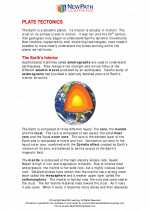
 Activity Lesson
Activity Lesson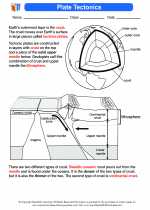
 Worksheet/Answer key
Worksheet/Answer key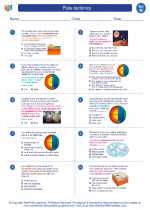
 Worksheet/Answer key
Worksheet/Answer key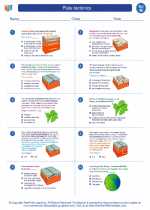
 Worksheet/Answer key
Worksheet/Answer key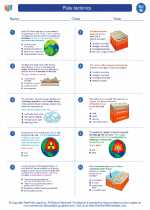
 Worksheet/Answer key
Worksheet/Answer key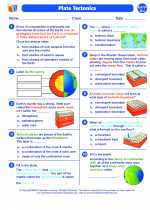
 Vocabulary/Answer key
Vocabulary/Answer key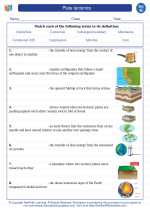
 Vocabulary/Answer key
Vocabulary/Answer key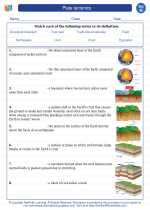
 Vocabulary/Answer key
Vocabulary/Answer key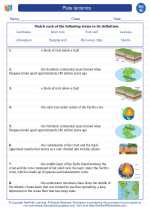
 Vocabulary/Answer key
Vocabulary/Answer key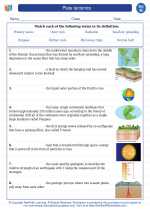
 Vocabulary/Answer key
Vocabulary/Answer key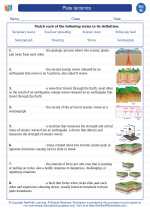
 Vocabulary/Answer key
Vocabulary/Answer key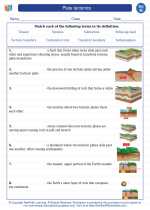
 Vocabulary/Answer key
Vocabulary/Answer key